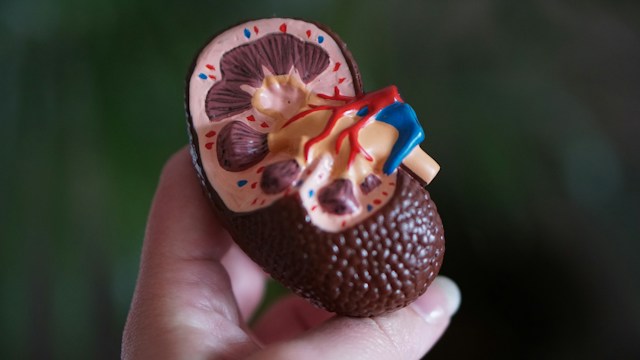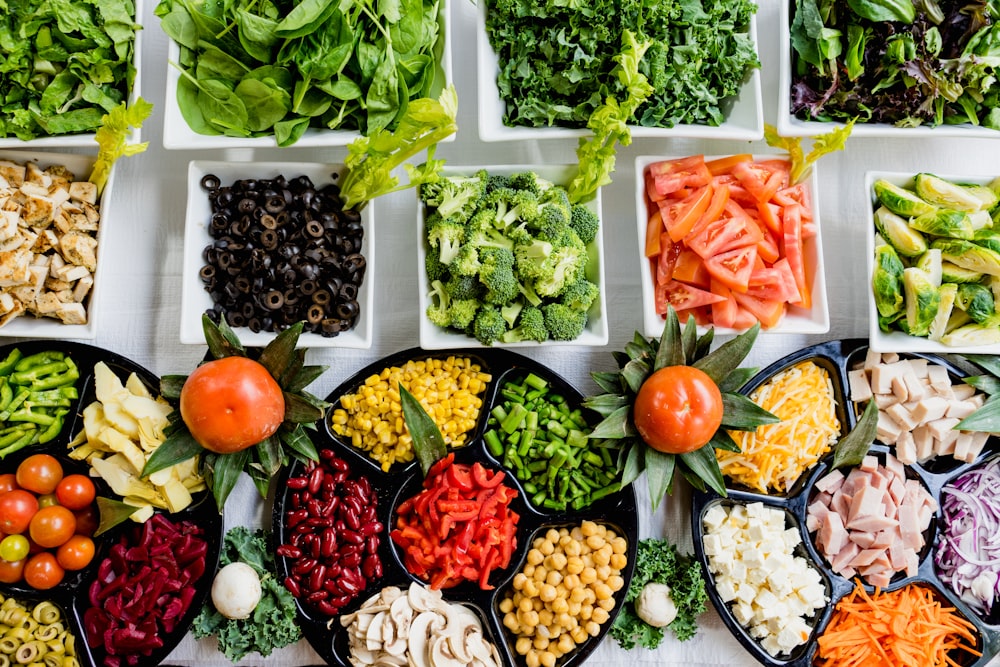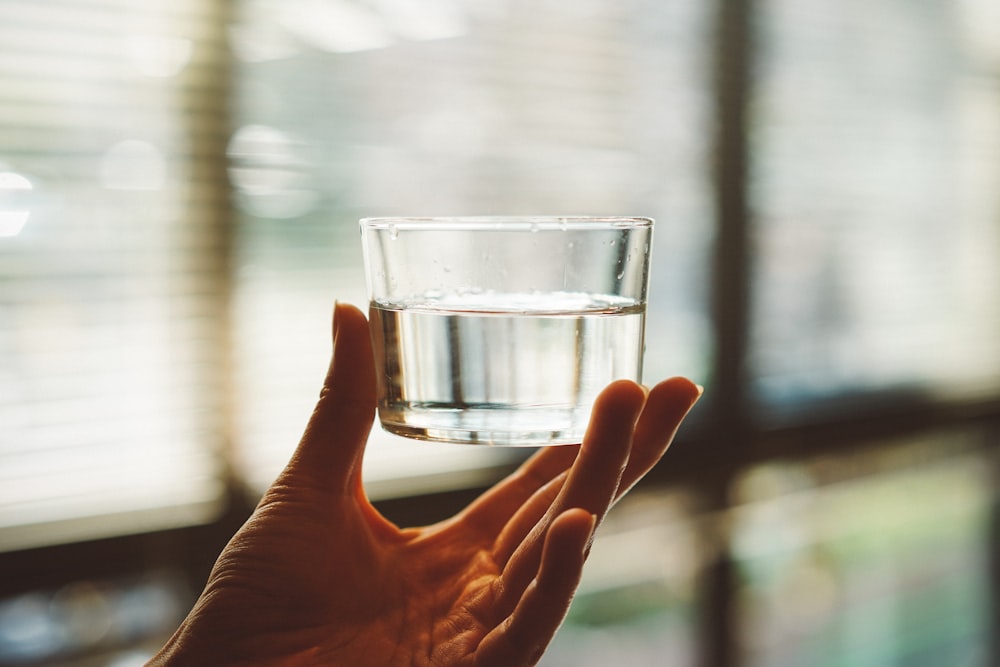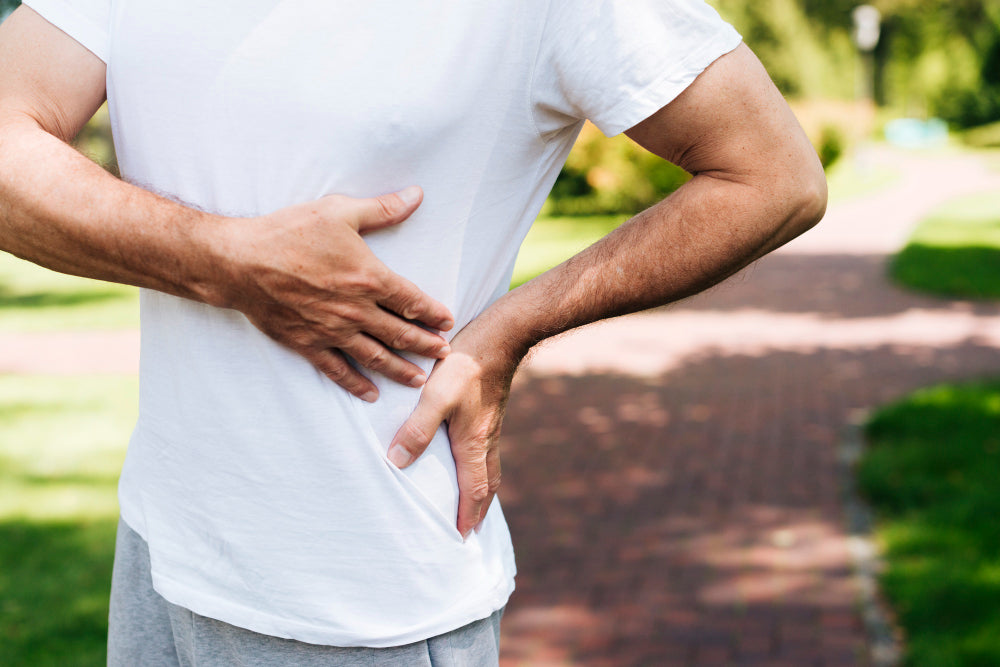Let's talk about the importance of kidneys! The kidneys are essential organs that keep our bodies healthy. These bean-shaped organs do way more than just cleaning out waste and extra fluids from our bodies. Kidneys help control blood pressure, balance minerals, make red blood cells, and even activate vitamin D.
Understanding and appreciating the indispensability of kidneys shed light on the necessity of their care and the prevention of kidney-related diseases for optimal wellness.

What are the Functions of the Kidneys?
The kidneys are essential organs in the human body that perform several vital functions. Some of the key kidneys functions include:
- Cleaning the Blood: The primary function of the kidneys is to filter waste products, excess substances (like water, electrolytes, etc.), and toxins from the bloodstream. This waste turns into urine, which the kidneys send out of your body.
- Balancing Fluids and Minerals: Kidneys help maintain the balance of fluids, electrolytes (such as sodium, potassium, calcium), and pH levels in the body. They make sure you have enough water and that important minerals stay at the right levels.
- Controlling Blood Pressure: Kidneys help control blood pressure by managing the amount of fluid in your body and making a hormone that helps with this.
- Making Hormones: The kidneys produce several hormones, including erythropoietin (EPO), which stimulates the production of red blood cells in the bone marrow.
- Getting Rid of Waste: Kidneys remove metabolic waste products produced by your body's normal processes and send them out as urine.
- Keeping the Body's Balance: They help keep the right balance of acids and bases in your blood to make sure your body works properly.
- Activating Vitamin D: Kidneys play a role in converting inactive vitamin D into its active form, which is essential for calcium absorption in the intestines and bone health.
Basically, kidneys work like filters to clean your blood, balance fluids, control blood pressure, remove waste, and keep your body working well.
What are Chronic Kidney Diseases?
Chronic Kidney Disease (CKD) is a condition where your kidneys slowly lose their ability to work well. These organs help clean your blood and manage important body functions.
Some common reasons for CKD are high blood pressure, diabetes, kidney inflammation, inherited issues, or long-term blockages in the urinary tract.
In the early stages, CKD might not have noticeable signs. But as it progresses, you might feel tired, notice some swelling, have trouble breathing, feel queasy at times, or experience itching.
Doctors can find CKD through simple blood and urine testing, scans, and sometimes a small kidney checkup.
To manage CKD, you can take steps like controlling high blood pressure and diabetes, making small changes to your diet, and taking prescribed medications.
Seeing your doctor for regular check-ups can help catch CKD early and find ways to take care of it. Remember, many people live well with CKD by managing it with their healthcare team.

What are the Chronic Kidney Diseases Symptoms?
Chronic kidney disease (CKD) is a condition in which kidneys gradually lose their functionality over time. In the early stages, CKD might not present noticeable symptoms. However, as the disease progresses, the following symptoms might become evident:
- Feeling tired a lot.
- Trouble sleeping well.
- Changes in how much you pee or its appearance.
- Swelling in legs, feet, or ankles.
- High blood pressure.
- Loss of appetite or feeling sick to your stomach.
- Muscle cramps or twitches.
- Itchy or dry skin.
- Problems thinking clearly.
Remember, these symptoms can vary from person to person, and if you notice any of these signs, it's important to talk to a doctor for proper evaluation and care.
What are the Causes of Chronic Kidney Diseases?
Chronic kidney disease (CKD) can be caused by various factors, and some common causes include:
- Diabetes: High sugar levels damage the kidneys over time.
- High Blood Pressure: Puts strain on kidney blood vessels.
- Infections or Immune System Problems: Cause kidney inflammation.
- Long-term Medication Use: Some drugs can harm kidneys with prolonged use.
- Structural Problems: Some people are born with kidney issues.
To prevent CKD, manage conditions, live a healthy lifestyle, get regular check-ups, and catch kidney problems early for better treatment. Treatment depends on the cause and CKD stage and can involve medications, lifestyle changes, dialysis, or kidney transplant in severe cases.
How to Check Kidney Function At-Home?
It is, in fact, possible to test kidney function at home. When you go see a doctor, they are more likely to do a blood test, but there is an option to carry out a test at home using an at-home urine test. There are different urine tests in the market. Most commonly they measure protein levels in urine, which is not supposed to be found in the urine in normal circumstances.
What is a Kidney Function Test?
A kidney function test is a test that is used to measure and monitor the efficiency of the kidneys; how well they’re getting rid of the waste and if there are signs of a decline in kidney function attributing to an infection or disease. Generally, the test results of a kidney function test come out after 24 hours or a few days later.
Types of Kidney Function Tests
There are different kinds of kidney function tests, but they are usually divided into blood and urine tests.
Blood Tests
Serum Creatinine
Used to monitor creatinine buildup. Creatinine is a waste product that is derived from the breakdown of muscle tissue.
Blood Urea Nitrogen
Used to monitor how much protein breakdown occurs in your blood, by measuring Nitrogen amounts in the blood.
Estimated GFR (Glomerular Filtration Rate)
Used to calculate filtration rates. This happens based on a variety of factors, like race, protein levels, gender, age and size.
Urine Tests
Urinalysis
Checks urine for proteins, function, and blood.
Microalbuminuria
Checks for albumin, a specific kind of protein.

Why is a Kidney Function Test Important?
Kidney function tests are important because they help check how well your kidneys are working.
Think of your kidneys as filters for your body. They remove waste and extra fluid, control minerals in your blood, and manage blood pressure. These tests tell doctors if your kidneys are doing their job properly.
Checking your kidneys is crucial because it helps catch problems early, like kidney disease or damage. Early detection means better chances of treating issues and keeping your kidneys healthy. These tests also show if certain medications might be affecting your kidneys or if other health problems are hurting them.
If you have conditions like diabetes, high blood pressure, or a family history of kidney issues, these tests are even more important to make sure your kidneys stay healthy. Regular check-ups can catch problems early and help you take care of your kidneys.
Ways to Improve Kidney Function Naturally
Keeping your body working optimally is important in ensuring overall health. You filter and expel excess water from your body properly when you keep your kidney healthy. Your body will also produce hormones to help your body to function properly if your kidneys are healthy.
Find out if you are at risk of kidney health
The first step to improving your kidney health is knowing whether your body is at risk of kidney health. The following are some of the kidney health risk factors you should be aware of:
- You have high blood pressure, diabetes, heart disease, and other cardiovascular diseases.
- You have a higher BMI or obesity
- Your family has a history of kidney disease
- You are 60 years of age or older
Check and control your blood sugar
Your blood sugar level is important for your kidney health. If you have high blood sugar or a condition that causes diabetes, you become more vulnerable to kidney problems. Your kidneys have to work overtime when your body cells cannot use the glucose in your blood effectively.
Fortunately, you reduce the risk of damage to your kidney if you can control your blood sugar. You should go for a regular medical check-up if your family has a history of diabetes to check if you have issues with blood sugar. This way, you can improve your kidney function.

Watch your blood pressure
You are more likely to have kidney complications if you are diagnosed with high blood pressure. If your high blood pressure comes with high cholesterol, diabetes, and heart disease, it can cause a huge impact on your overall health.
You should strive to maintain your blood pressure at 120/80. Keeping your blood pressure above the recommended level can increase your risk of kidney damage. For those who are hypertensive, a change in diet can help to lower blood pressure and reduce the risk of kidney complications.
You can also make some changes to your lifestyle and diet to lower your blood pressure and reduce the risk of kidney problems.
Keep hydrated
The amount of fluids and water you consume every day is important in keeping you healthy. It is advisable to drink at least 9-13 cups or 2.2-3 liters of water a day.
Drink plenty of fluid and water before and after strenuous exercise like walking, running, and hitting the gym. When you plan your daily water consumption, you should consider factors like age, environment, health, and whether you’re pregnant.
Monitor your weight
How much you weigh matters a lot if you want to remain healthy. Keep watching your BMI If you want to reduce the risk of kidney problems. Being overweight also increases your risk of diabetes, high blood pressure, and heart disease.
Eat a healthy diet
To reduce the risk of kidney damage, eat a healthy diet that is low in processed foods, sodium, and other related foods.
You should focus more on eating fresh ingredients that are low-sodium and low-fat. Fishes, grains, and veggies are low in sodium and can improve your kidney function.
Don’t smoke
Put your cigar away if you want to keep your kidney healthy. When you smoke, you damage your blood vessels, and this can result in decreased blood flow. For your kidneys to work properly there should be adequate blood flow throughout the body.
Importance of Water for a Healthy Kidney
The most abundant substance in the human body is water. Water is used in our body to continue all metabolic events, deliver nutrients to the necessary places, and eliminate waste products from the body daily.
Approximately 55-70% of an adult's body weight is water, but this rate may vary depending on a person's age, weight, height, and degree of physical activity. During the day, the human body loses a lot of water. For example, our bodies lose water just by breathing. Most of the water in the human body is found in the skin, muscles, skeletal system, blood cells, and adipose tissue. The human body needs water to perform biological functions.
The kidneys are the most important organ for maintaining water balance in our body. While any excess water is excreted in the urine within a few hours, in cases of considerable water loss, (i.e.: diarrhea, intense sweating, vomiting, etc.), the kidneys retain the water and balance in the body.
The Importance of Hydration

It is important to drink plenty of fluids throughout the day to stay hydrated, be healthy, and feel good. People who are overexposed to hot or dry weather, have limited access to water, or lose more water than usual, are most in danger of dehydration. Dehydration can happen when you don't drink enough water, (at least 8 glasses), to meet your daily needs, or if you are taking part in intense physical activity, in a scorching climate, or affected by an illness like fever or diarrhea.
Dehydration occurs when the body utilizes or loses more fluids than it takes in, resulting in a lack of water and fluid to carry out regular processes. Mild dehydration might make you fatigued, have headaches, and feel thirsty, as well as interfere with your body's biological activities.
Water Intake Affects Kidneys & Kidneys Affect Water Intake
The kidneys dilute harmful waste materials from our bodies daily using water. Urinary tract infections and kidney or bladder stones can occur in people who take less fluid than their daily needs. Therefore, the primary goal for maintaining kidney health is to drink plenty of water.
In some cases that cause decreased kidney function, water accumulates in the body because the kidneys cannot perform their role in filtering and excreting it. This causes swelling of the legs and body. Impaired kidney health causes edema. It is very important to drink enough water to maintain kidney function and to pay attention to water consumption along with measures to eliminate the problem in cases where it decreases.
Check Your Daily Water Intake
Daily water needs vary from person to person, so it is difficult to give a definite answer to the question of ‘how much water should I drink per day? According to the studies, adult women need 2.7 liters of water and men need 3.7 liters of fluid per day. These days, we have realized the benefit of eating our water too. Foods with high water content like watermelon and cucumber, along with a lot of different drink options besides water, count towards our daily water needs.
As age progresses, the feeling of thirst decreases, and the amount of water in the body decreases. Medical factors such as preexisting decreased kidney function, dementia, weakness, infections, and difficulty swallowing can also affect water consumption. For this reason, it is necessary to monitor daily water consumption in advanced aging populations and to make sure that nobody becomes dehydrated.
If you have symptoms such as dry mouth, fatigue, decreased urination, muscle weakness, or headache, your body may be telling you that it’s thirsty. Other symptoms can include excessive thirst, dry skin, no sweating, little to no urine, and rapid heart rate; in cases with this, you may be suffering from severe dehydration. Furthermore, thirst is the body's way of reminding us to water. Drinking water without being thirsty should become a habit for reaching optimal kidney health.

Simple Ways to Get Your Water
Here are simple ways to drink more water.
- Caffeinated beverages such as tea, coffee, and cola, are thought to meet the need for daily water intake, but they have diuretic properties. In other words, they cause water to be removed from our body more efficiently which accelerates fluid loss. When caffeinated drinks are consumed, an extra 1 glass of water should be consumed for every glass of caffeinated beverage.
- With aromatic herbs such as mint, cinnamon, cloves, or fruit particles added to the water, it makes drinking water more enjoyable and easier and increases its benefits.
- It is helpful to use small reminders to remember to drink water. For example, putting small notes on your refrigerator or work desk.
- Consume foods high in water content such as cabbage, watermelon, celery, lettuce, and zucchini.
- Carry a water bottle with you. It is more likely that you’ll drink water if it’s readily available.













